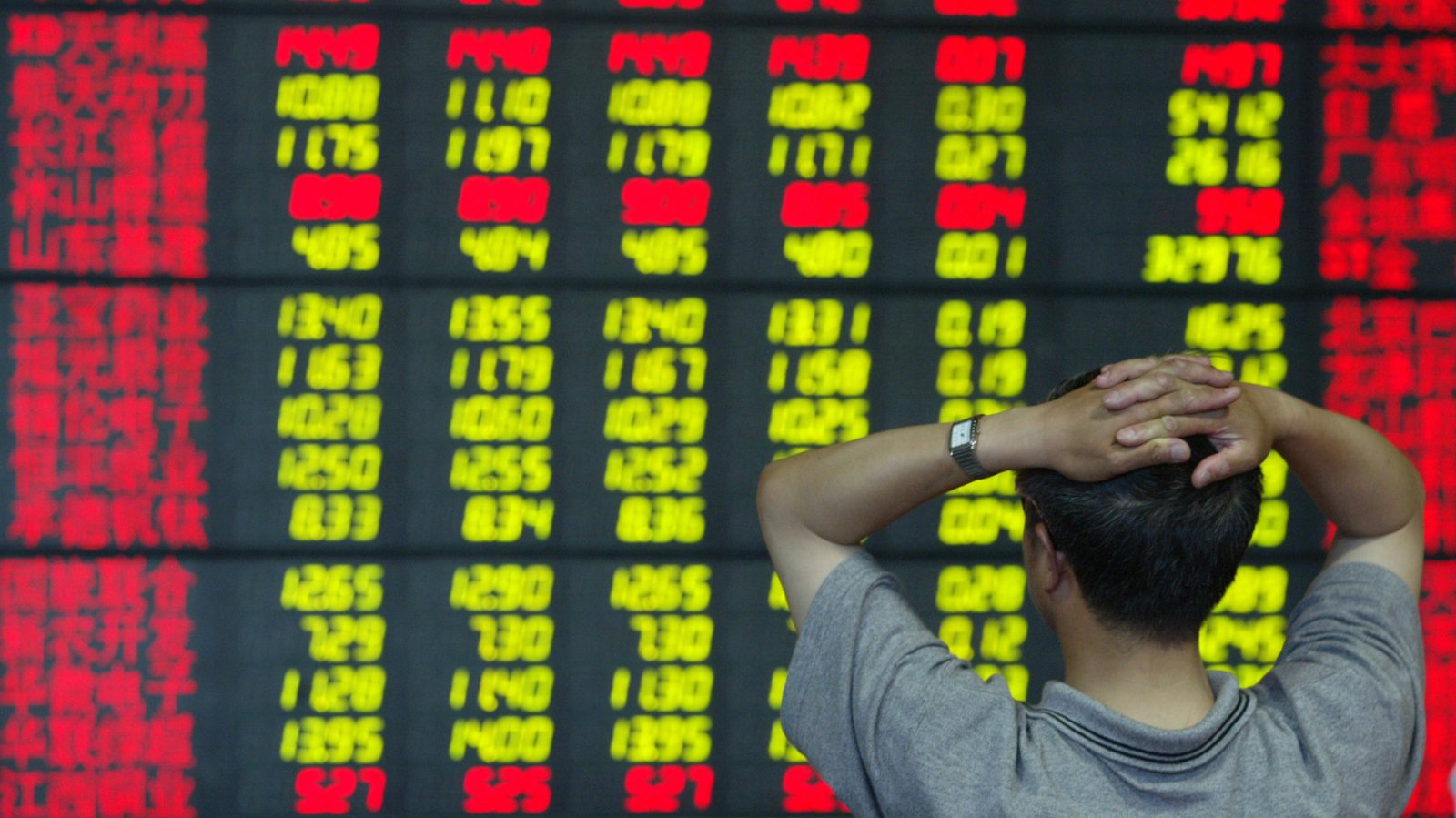Earlier this week, the People’s Bank of China (PBOC) criticized OKCoin and Huobi, two of the three largest bitcoin exchanges in China apart from BTCC, for violating local regulations by operating margin trading platforms. The central bank of China also noted that OKCoin and Huobi did not have sound KYC and anti-money laundering system.
Local publications including Hexun and the Shanghai Observer reported:
“Preliminary inspection on “OKCoin” and “Huobi” showed that these platforms provided margin trading which violated rules, resulting in abnormal price fluctuations in the market. During the inspection it has also been discovered that these platforms had not established sound anti-money laundering system according to regulations.”
Almost immediately after the release of reports based on PBOC’s statement, Huobi officially terminated its margin trading services. On the Chinese micro blogging platform Weibo, Huobi stated:
“According to the requirements of the regulators, the company has made the following rectification: Stop leverage services. No new leverage funds quota will be issued. Old users cannot apply for renewing after paying off corresponding debt.”
Effect of Bitcoin Exchange Market Clean Up in China
While many local bitcoin investors and traders perceive the termination of certain bitcoin trading services and compliance of bitcoin exchanges towards local financial regulations as a negative course of action for the Chinese bitcoin industry, in reality, it is greatly improving the infrastructure of bitcoin in the country.
One major change the global bitcoin community will most likely see in the Chinese bitcoin exchange market over the next few months is the standardization of trading volumes.
According to a paper released by bitcoin and Ethereum data company Kaiko executive Stanislas Marion entitled “Spread standardization of Bitcoin trading volumes,” bitcoin trading volumes stemming from the Chinese market which currently account for over 90% of the global bitcoin trading market will undergo a drastic adjustment in the short term.
Prior to the inspection of PBOC, bitcoin exchanges in China did not charge fees for bitcoin traders. Marion explains that the elimination of trading fees led to the artificial inflation of trading volumes.
“Trading volume, liquidity and spread are deeply linked. There is a marked discrepancy between BTC-USD and BTC-CNY orderbooks : BTC-CNY spreads are significantly lower because they don’t charge fees. For that reason, we assert that BTC-CNY volumes are artificially inflated by cheap goings and comings in the orderbook and that the weight of Chinese Bitcoin exchanges is overrated,” the paper read.
Three major bitcoin exchanges including BTCC, OKCoin and Huobi have announced that they are considering charging trading fees to reach a consensus with the PBOC and local regulators. The implementation of trading fees will allow the global trading market to become more balanced in terms of market share and demonstrate an accurate outlook on the bitcoin exchange market.
Image Via: SYCMU
If you liked this article, follow us on Twitter @themerklenews and make sure to subscribe to our newsletter to receive the latest bitcoin, cryptocurrency, and technology news.

